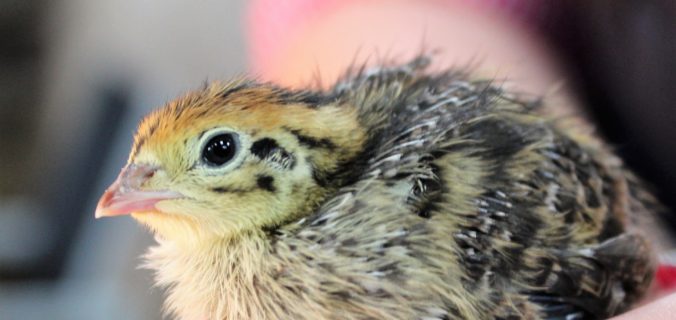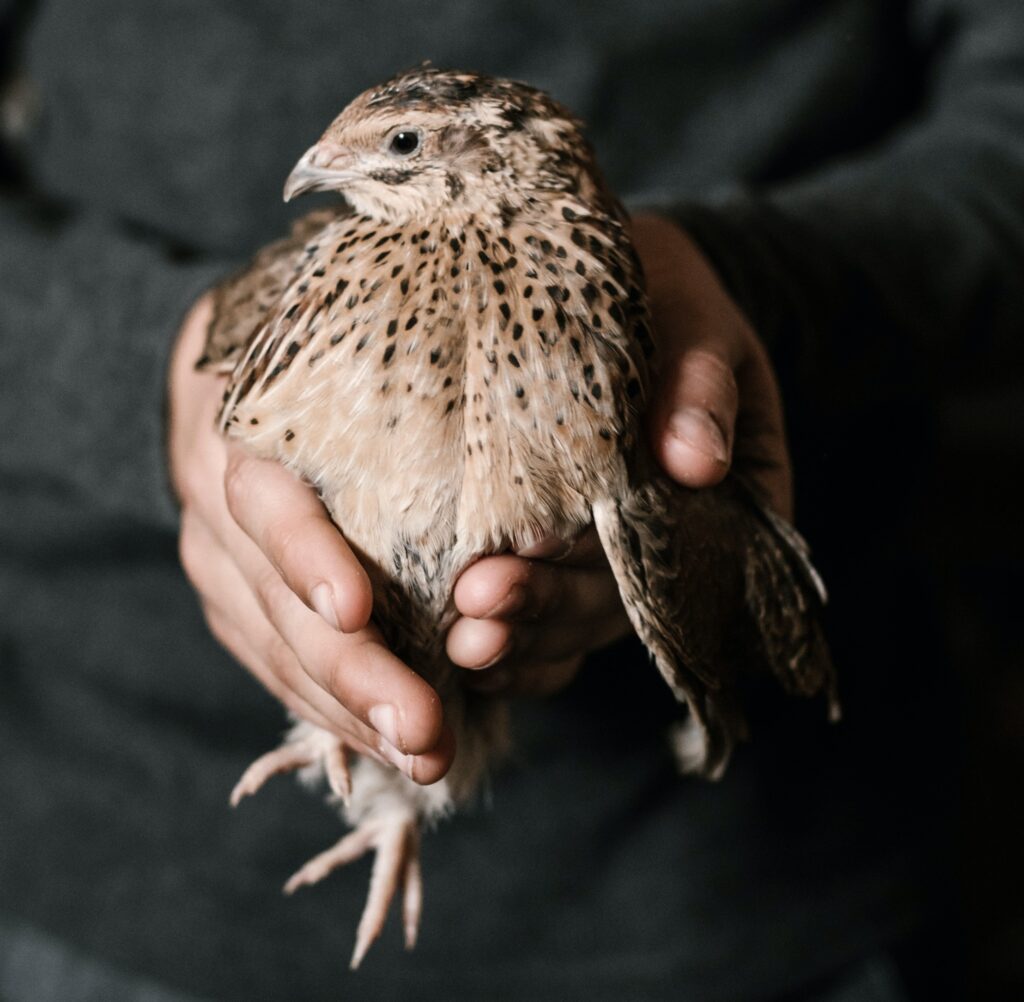Common Quail Diseases and How to Prevent Them
If you’re passionate about raising these charming little birds like I am, you know that keeping them healthy is a top priority. In this blog post, let’s dive into the world of quail health and explore some common diseases that can affect our feathered friends, along with tips on how to prevent them.
Understanding Quail Health:
Quail are generally hardy birds, but they can still fall victim to various diseases and health issues. Being proactive about monitoring their health and implementing preventive measures is crucial for ensuring a thriving quail flock.
Coccidiosis
One of the most common diseases affecting quail is coccidiosis, caused by the parasite coccidia. Symptoms include diarrhea, lethargy, decreased appetite, and drooping wings. Coccidiosis can spread rapidly among quail and can be fatal if left untreated.
Prevention: Keep your quail environment clean and dry, as moisture promotes the growth of coccidia. Regularly clean and disinfect their living quarters, and provide clean bedding material. Additionally, consider adding a coccidiostat to their feed to help prevent the disease.
Avian Influenza
Avian influenza, or bird flu, is a viral infection that can affect quail, among other bird species. Symptoms include respiratory distress, swollen head, and sudden death. Avian influenza can spread rapidly and poses a risk to both quail and humans.
Prevention: Practice strict biosecurity measures to prevent the introduction of avian influenza to your quail flock. Limit contact with wild birds, quarantine new birds before introducing them to your flock, and regularly sanitize equipment and clothing. Additionally, consider vaccinating your quail against avian influenza if it is prevalent in your area.
Marek’s Disease
Marek’s disease is a highly contagious viral infection that primarily affects young quail. Symptoms include paralysis, loss of appetite, and weight loss. Marek’s disease can spread rapidly within a flock and can be devastating if not properly managed.
Prevention: Vaccination is the most effective way to prevent Marek’s disease in quail. Administer the vaccine to day-old chicks or purchase vaccinated birds from reputable breeders. Additionally, practice good biosecurity measures to prevent the introduction and spread of the virus within your flock.
Parasitic Infestations
External and internal parasites can wreak havoc on quail health if left unchecked. Common parasites include mites, lice, and worms, which can cause irritation, weight loss, and decreased egg production in quail.
Prevention: Regularly inspect your quail for signs of parasites, such as feather loss, scabs, or lethargy. Keep their living quarters clean and dry, and provide dust baths with diatomaceous earth to help control external parasites. Additionally, administer dewormers as needed to prevent internal parasite infestations.
Nutritional Deficiencies
Quail require a balanced diet to maintain optimal health and productivity. Nutritional deficiencies can lead to a variety of health issues, including poor growth, weakened immune system, and decreased egg production.
Prevention: Provide your quail with a balanced diet that meets their nutritional needs. Use commercial quail feed or formulate a homemade mix that includes protein, carbohydrates, fats, vitamins, and minerals. Additionally, offer fresh fruits and vegetables as treats to supplement their diet and provide essential vitamins and minerals.
Conclusion:
Keeping your quail healthy is essential for their well-being and productivity. By understanding common quail diseases and implementing preventive measures, you can help ensure a happy and thriving flock. Regular health checks, good hygiene practices, and a balanced diet are key components of maintaining quail health.
Remember to consult with a veterinarian specializing in poultry health if you suspect any health issues in your quail flock. With proper care and attention, you can enjoy the companionship of your quail for years to come. Here’s to happy and healthy quail keeping!

